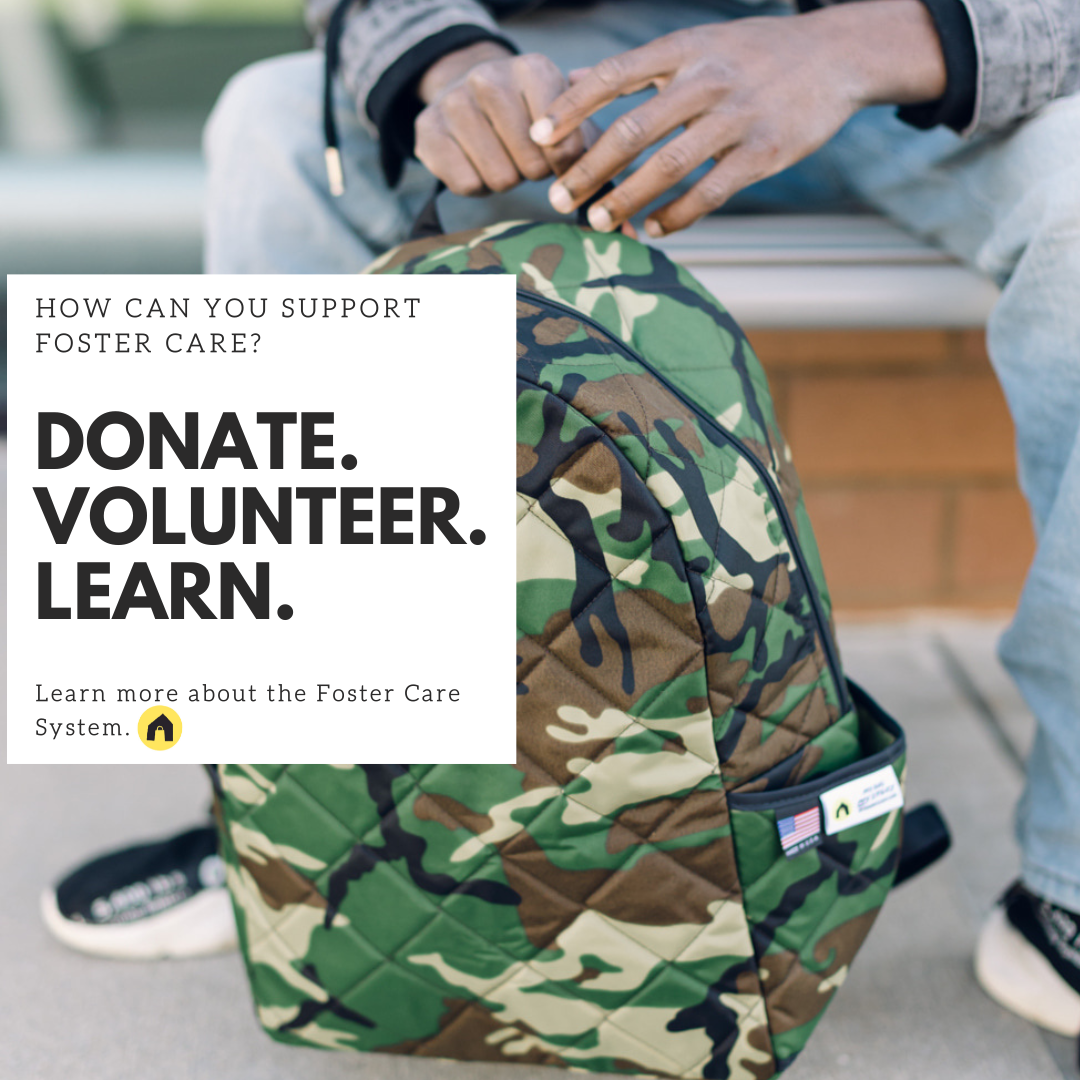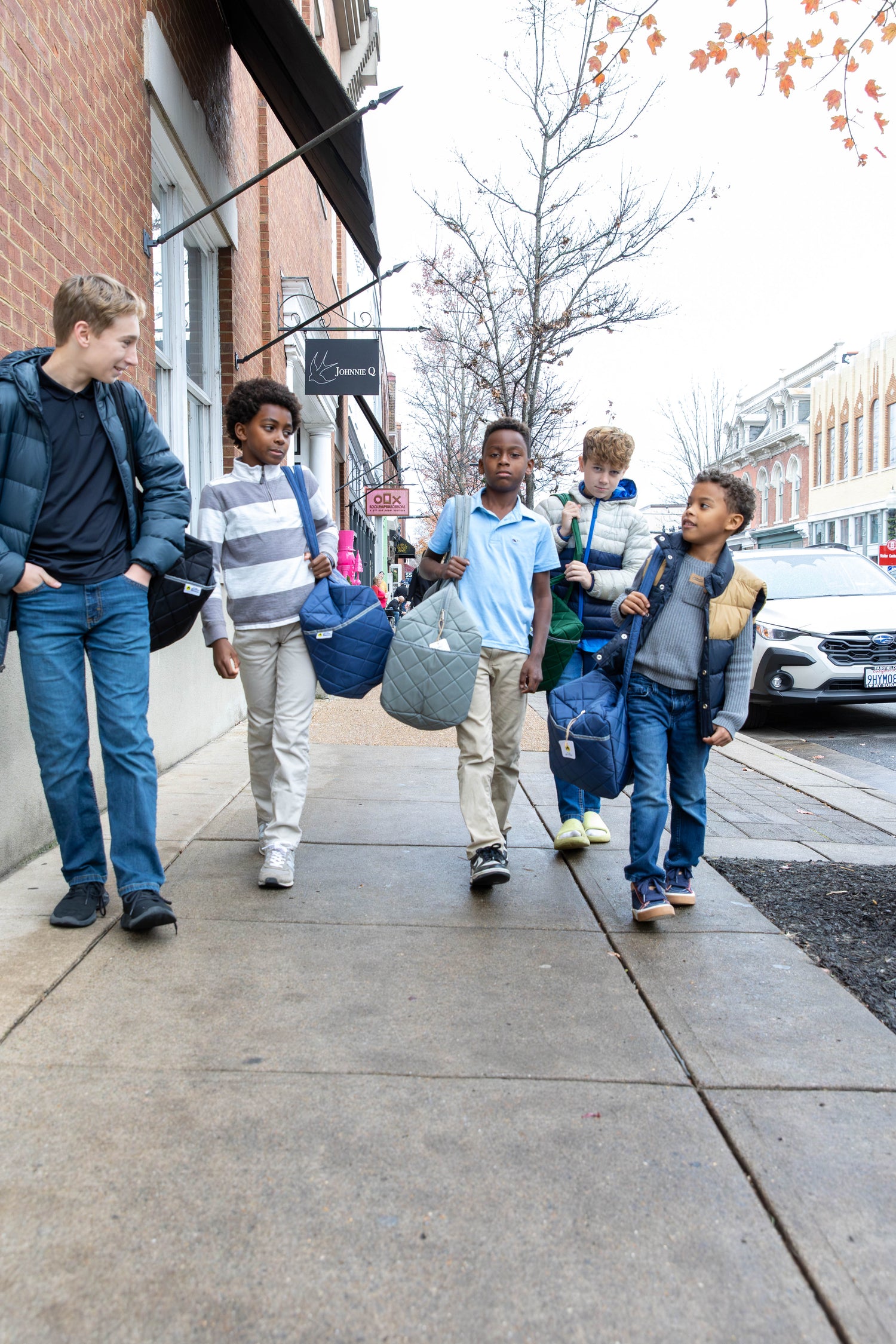
How to Become a Foster Parent
Becoming a foster parent is more than just opening your home — it’s about opening your heart to children who desperately need love, stability, and understanding. It’s an enriching experience that allows you to make a profound difference in a child’s life, helping them feel safe and nurtured during some of their most challenging moments. If you’ve ever wondered how you can be a source of hope for children facing difficult circumstances, fostering might be the path you’ve been looking for.
Continue reading to learn the steps involved, find answers, and get information about support and resources to help you embrace this life-changing journey.
What Is Foster Parenting?
Foster parenting involves temporary care of a child because they can’t live with their biological parents or family for various reasons. A child may leave the family home because of traumatic events that cause emotional or behavioral problems. Family members might struggle with addiction, substance abuse, incarceration, or illness.
Although many children placed in foster care have experienced abuse or neglect before leaving their family homes or have complex developmental or behavioral issues, they are not juvenile delinquents or bad kids. They are great kids who have experienced difficult circumstances through no fault of theirs. Children in foster care can thrive and become exceptional individuals in a nurturing, structured environment like other children.
Foster parents help children through emotional challenges, create supportive homes, and work with child welfare agencies to ensure each child’s well-being.
It’s vital to recognize that foster care isn’t the same as adoption, though some foster placements can lead to adoption.
Requirements to Become a Foster Parent
Each state and organization has specific regulations for becoming a foster parent, but there are some general requirements:
- Age and Residency: You must typically be at least 21 years old and a legal resident or US citizen to be a foster parent.
- Background Checks: You must pass a criminal background check and child abuse registry screening.
- Stable Income: You must demonstrate financial stability to provide for the child without relying on foster care payments.
- Home Inspection: Your home must pass an inspection to ensure it’s safe for children.
- Training: You must complete preservice training that covers child development and trauma-informed care.
Steps to Becoming a Foster Parent
Before you dive in, it’s crucial to understand what fostering entails and whether it’s right for you. Consider your motivations, family dynamics, and resources. The Annie E. Casey Foundation provides excellent resources for prospective foster parents.
You can start by researching foster care agencies in your area. These can be state-run or private agencies licensed to oversee foster care placements. Contact agencies to find out about their specific requirements and application processes. The National Foster Parent Association can help you find your local agency.
Most agencies require potential foster parents to attend an orientation session. It’s an opportunity to learn more about foster care, meet agency representatives, and ask questions.
Once you decide to move forward, apply to your chosen foster care agency. In the application, you will be required to provide information about your background, family, income, and home environment.
A home study is a thorough assessment conducted by the agency. It includes interviews with household members, a home inspection, and a review of your financial, medical, and personal history. This step ensures you can provide a safe, stable, and loving environment for a child.
Preservice training is required to help you understand the needs of foster children. The training usually includes topics like:
- The traumas that children may have experienced before entering foster care.
- Ways to navigate the foster care system.
- Techniques for managing challenging behaviors.
- Strategies for building relationships with birth families.
After completing the home study and training, you’ll be certified as a foster parent. Then, you’ll wait for a child to be placed in your home based on the preferences and needs you’ve outlined with your agency.
What to Expect as a Foster Parent
Fostering can be both challenging and rewarding. Here’s what you might expect:
- Emotional challenges as children adjust to new environments.
- Regular visits from social workers and other professionals.
- Potential reunification of children with their birth families.
- The opportunity to make a significant difference in a child’s life.
According to the National Foster Parent Association, foster parents play a crucial role in providing love, support, and stability to children in need.
Help Us Provide the Promise of a Brighter Future
Becoming a foster parent is a significant decision that requires careful consideration and preparation. By following these steps and working closely with your local foster care agency, you can embark on this meaningful journey to provide a safe and loving home for children in need.
Remember, every child deserves a safe and nurturing home. As a foster parent, you could make a lasting impact on a child’s life and contribute to building a stronger community.
Being a foster parent isn’t for everyone, but that doesn’t mean that you can’t help the nearly 400,000 children in care in the US. Thankfully, there are many tangible ways you can help children in foster care without becoming a foster parent.
For example, you can support My Bag My Story, an organization that is proud to play a small but essential role in helping children in care. Our mission is to supply new, high-quality bags for these children. These bags are more than just practical items; they are symbols of care, respect, and recognition of the children’s value and dignity.
By providing foster children with new backpacks, we’re not just giving them a bag — we’re offering them a tool for success, a boost to their self-esteem, and a tangible symbol of support for their educational journey.
Your contribution, no matter how small, can make a big difference in the lives of these children. Help us #EndTheTrashBag!

